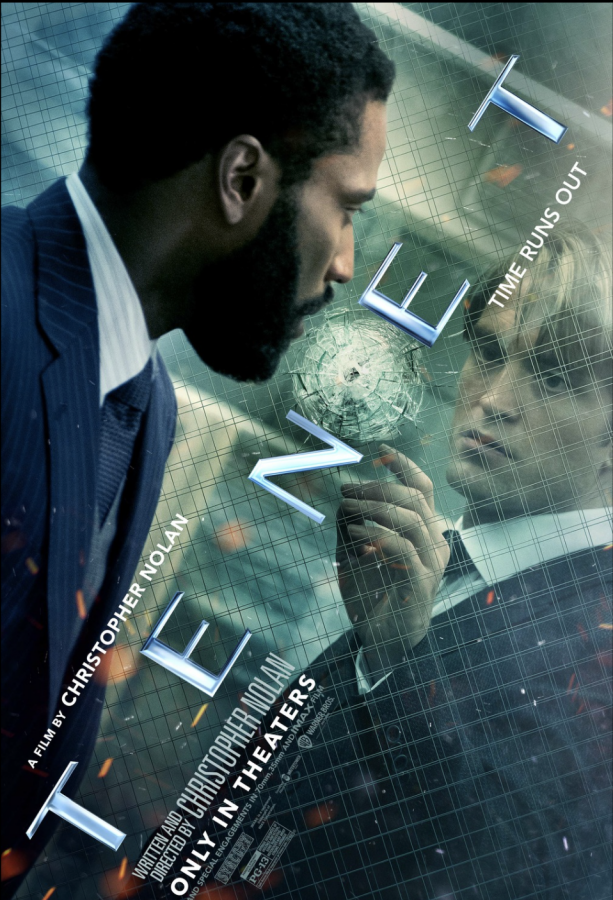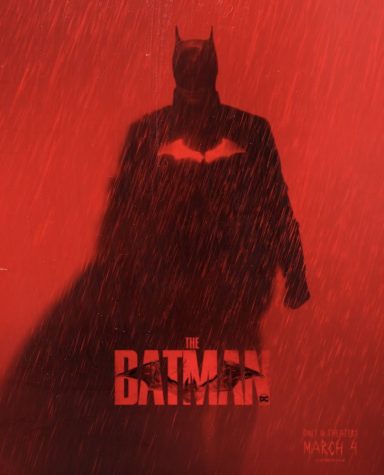Christopher Nolan paints a time traveler’s fever dream in “Tenet.”
As a director, Christopher Nolan has such high merit that he is able to create films that would usually be geared towards niche audiences and bring them to the masses. Nolan’s “The Dark Knight” Trilogy is an important part of what allowed comic book movies to succeed in the mainstream, and “Inception” managed to reinvent the heist sub-genre with a Sci-Fi twist. In his new epic, “Tenet,” Nolan attempts to tackle the time travel genre and does so in the way that you would expect him to.
Tenet tells the story of a CIA agent, played by John David Washington, who is tasked with stopping World War III The unfortunate catch, though, is that the threat is not from the present, but the future and he will have to manipulate time — both forward and backward to achieve his end goal.
Similar to his work with films like “Inception” and “Interstellar,” Nolan creates his own rules for what is and isn’t allowed within this fictitious universe. Rather than time travel being an idea, time travel in “Tenet” is a living, breathing force. Traveling forward is impossible, but it is possible to travel backward through time when you become “inverted.” Inversion in “Tenet” is a process where a person or object travels through time in reverse meaning that everything for them is moving in reverse, but to a person who is still moving forward, the inverted person or object appears to be moving in reverse.
Someone can be shot by an inverted bullet returning to a gun, and inverted explosions cause buildings to reassemble. Every moment is paradoxical with no answer to what is the beginning or end, causing the idea of time travel in this world to appear uncontrollable and uncertain. The concept is incredible, but the one drawback is that it can easily become a headache if you were to miss certain details.
When this fictional logic is first explained within the film’s early minutes, it feels unnecessarily confusing and obtuse. However, as the film continues these rules begin to feel natural and the viewer might be able to predict what will come next. Once the concept clicks, watching the simultaneous flow of time, both forwards and inverted, brings the type of visual satisfaction that Nolan has built a reputation for.
John David Washington allows himself to shine as the film’s protagonist, often cocky, confident, and never afraid to crack a joke, but also with a grave willingness to carry out what he believes needs to be done, even if it does not coincide with his task. Robert Pattinson also makes an enjoyable appearance as Niel, who plays aid to the protagonist, but displays a secretive and murky nature that brings into question whether he is friend or foe.
Nolan’s Tenet is a sophisticated action film that makes its own rules and plays by them as aggressively as possible. It sets fire to the time travel sub-genre in order to rebuild it in its own image. It contains many of the usual time travel tropes, but because of the universe’s bizarre rules, the viewer is not likely to see it coming until it hits them, much like one of the film’s inverted bullets.













